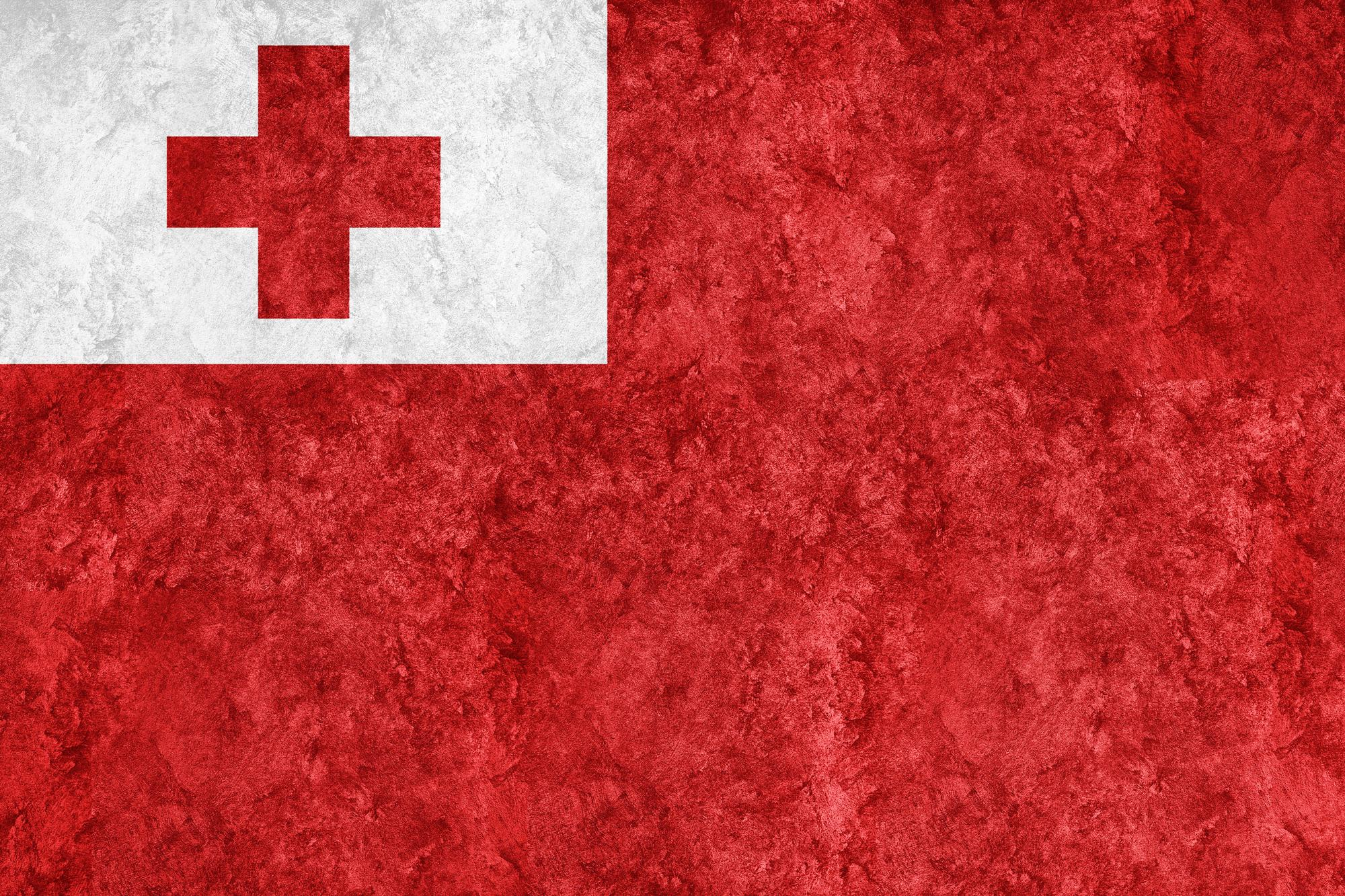
If you find yourself in Oceania, getting to Tonga is surprisingly easy for a country that doesn’t attract many international visitors. There are flights available from Australia, New Zealand, and Fiji, and roundtrip tickets are frequently available at a discount.
Tonga is home to one of the most unique cultures in the South Pacific, Tongan culture. The nation is proud to be the only Pacific nation that has never been colonized and to be home to the only monarchy in the South Pacific. With Tongans accounting for nearly all of the population, the culture is easy to absorb as soon as you get off the plane.
Tongan nationality law is governed by the 1875 Constitution of Tonga, as amended, the Nationality Act, as amended, and international agreements signed by the Tongan government. These laws define who is a Tonga national or who is qualified to become one. Nationality, or formal legal membership in a nation, differs from citizenship, which is a domestic connection of rights and obligations between a national and the nation. Tongan nationality is primarily acquired by birth in Tonga or through birth abroad to Tongan parents.
It can be awarded to people who have resided in the country for a certain amount of time or who have become naturalized citizens of the country.
In 2007, the nationality law was amended to minimize gender discrepancies. The reforms included the opportunity for either Tongan parent who was born in Tonga or overseas to pass on their nationality to their kid born in Tonga or elsewhere. It also made dual nationality legal, allowing Tongan children born overseas to Tongan mothers who were stateless to petition for Tongan citizenship. Tongan nationality legislation was last updated in 2016.
By Birth
Birthright nationality refers to:
If at least one parent has Tongan nationality and was born in Tonga, the child can be taken anywhere.

By Naturalization
In Tonga, regular naturalization is obtained by an application totally at the monarch’s discretion. Applicants must show that they are of excellent moral character, speak Tongan fluently, want to dwell in the area, and have lived there for at least five years. Naturalization is an option for people who:
- Marry Tongan nationals, subject to swear an oath of allegiance.
- If the marriage has ended, women who previously lost their nationality due to marriage may reclaim it without having to remain in the country for a length of time.
- Upon completion of an adoption order, minor adoptees and foundlings.
- a naturalized subject’s minor children; or
- Those found to have a humanitarian necessity for citizenship.
Dual Nationality
Tonga has allowed dual nationality since 2007. In February 2008, two former Tongan nationals who had lost their Tongan citizenship by getting citizenship in another country (one became an American, the other an Australian) became the first to reclaim Tongan citizenship through an application based on the 2007 Nationality (Amendment) Act. To reclaim citizenship in this manner, you must submit an application to the King, have it reviewed by the Minister of Immigration, and swear an oath of allegiance.
The citizenship of the Tongan people cannot be renounced. Someone can lose their nationality if they obtained it by deceit, false representations, and concealment; if they have committed acts of treason that harm national security; or if they have committed particular criminal charges.
